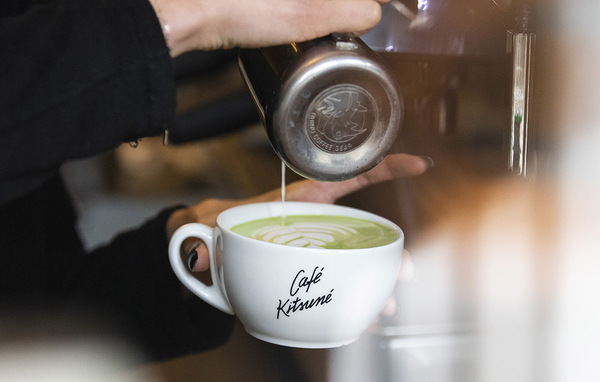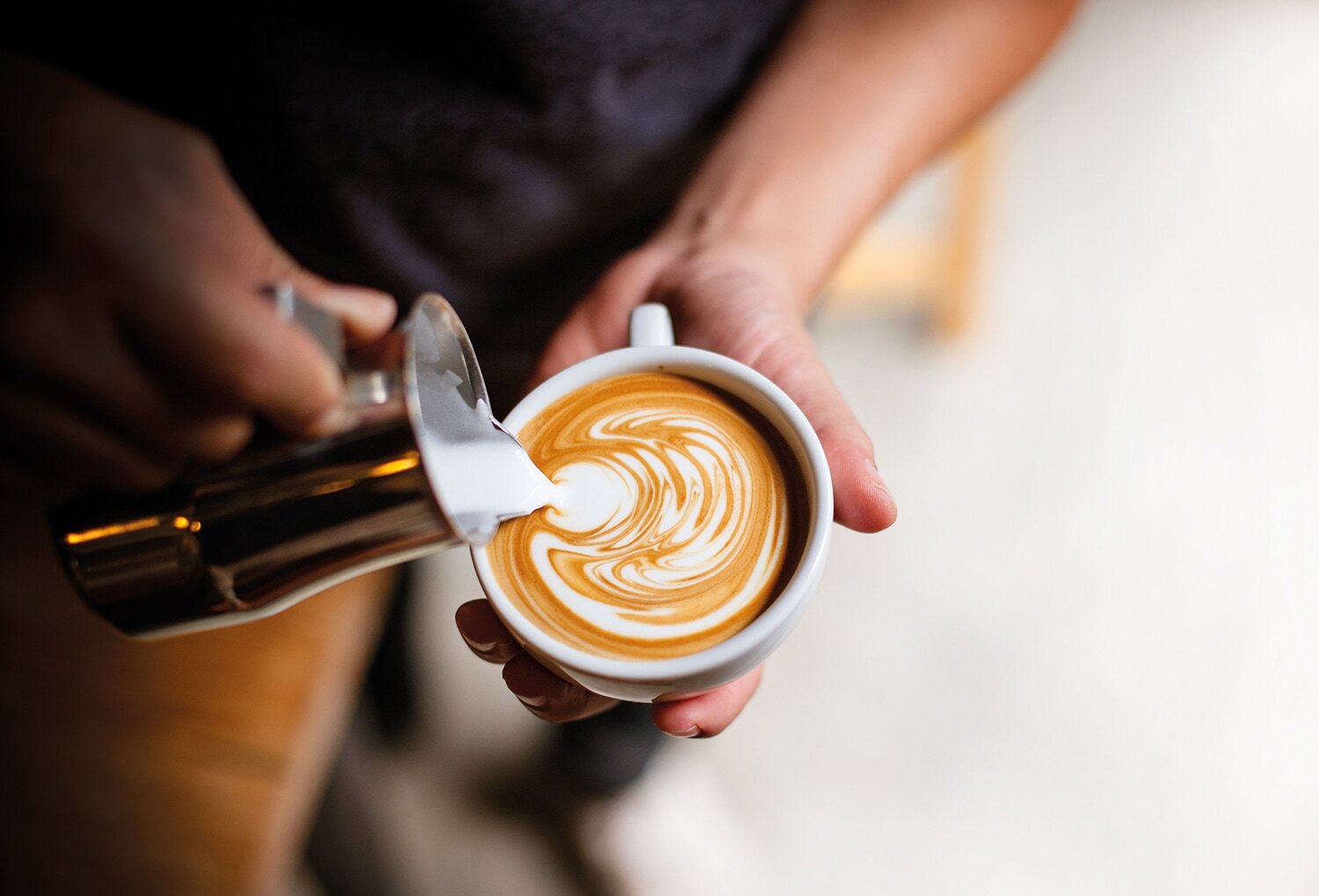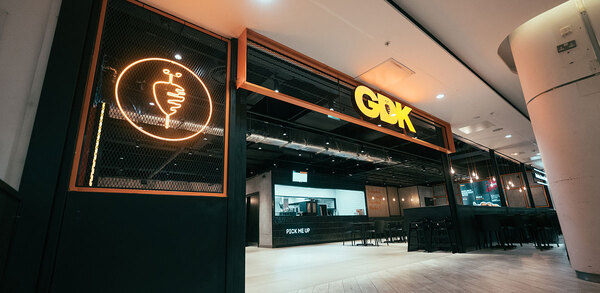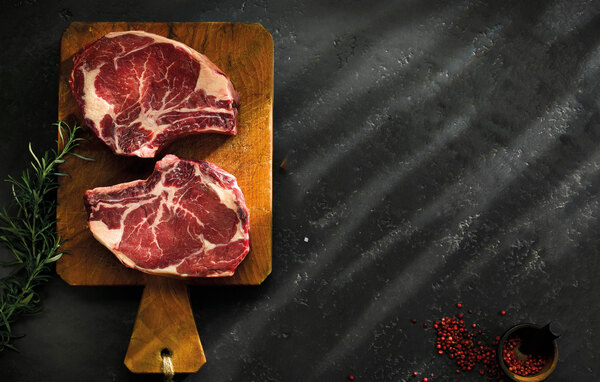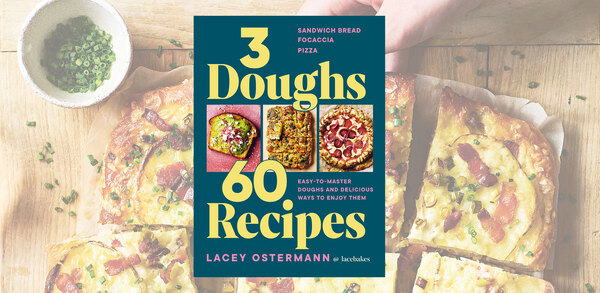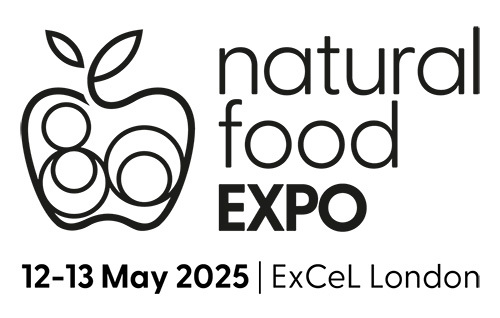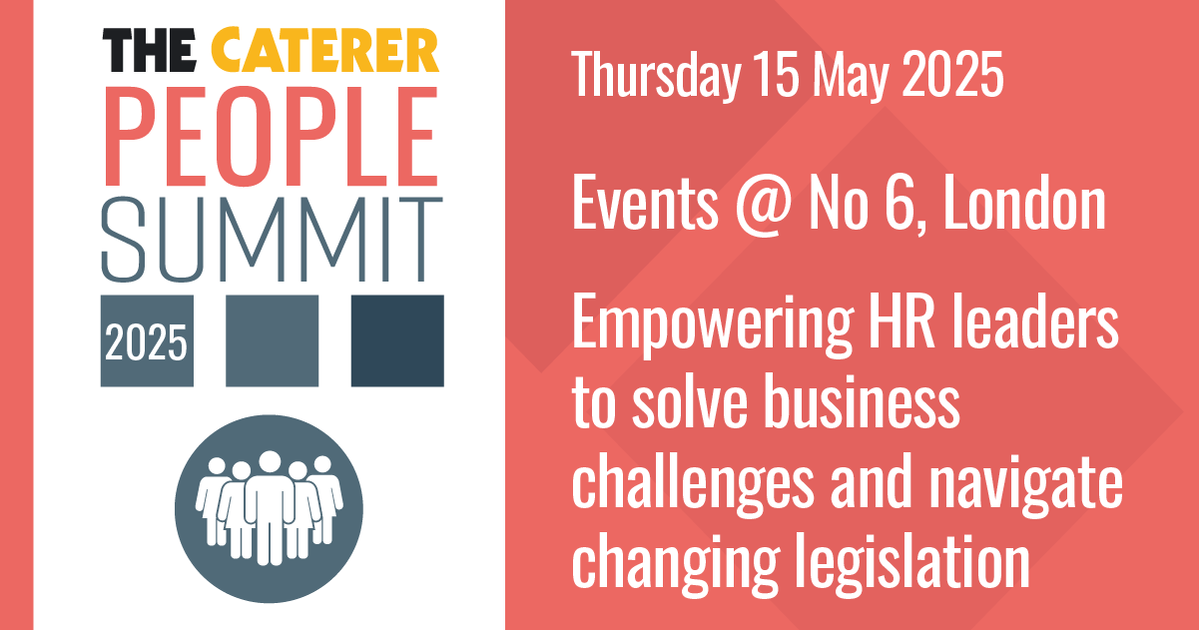Coffee break: brilliant beverages to tempt customers back from their homemade brew
After months of lockdown keeping consumers away from cafés, many will be eager to pick up a coffee out of home. Ian Boughton explains what the post-pandemic consumer is looking for.
There will still be a coffee trade when the world returns to normal. But it will probably not be the kind of business that the hospitality sector has been used to.
A curiosity of lockdown has been that certain parts of the coffee trade have actually increased. Although the London Coffee Festival says that 92% of cafés either closed or switched to a takeaway-only business, there was a rise in the number of people starting retail coffee services. Many redundant workers started mobile coffee vans, serving everyone from hospital visitors to joggers; several started independent roasteries; and the subscription businesses, in which customers receive supplies of different coffees at home by mail every month, absolutely soared.
The entire coffee trade agrees that consumers have not lost their taste for good coffee during the crisis, but have simply drunk it elsewhere. The big question is – when everyday life returns, will they come back to the hospitality trade for their coffee?
The future of cafés
Mobile coffee vans did well out of the crisis because they avoided the indoor-seating rules, and could move easily to where customers could still be found. The home-delivery subscription services also did surprisingly well because their consumers did not have to move at all: Dog and Hat Coffee of York reportedly shot up from 100 home-delivery subscribers before the pandemic to 1,000, and the BBC reported on how the Belfast Coffee Company shifted 5,000 bags of coffee online during lockdown.
This is all very impressive for them, but it may mean business lost for the hospitality sector. A typical prediction, from Mintel, is that the catering trade will regain only some of its coffee business, because “a fundamental shift has occurred”.
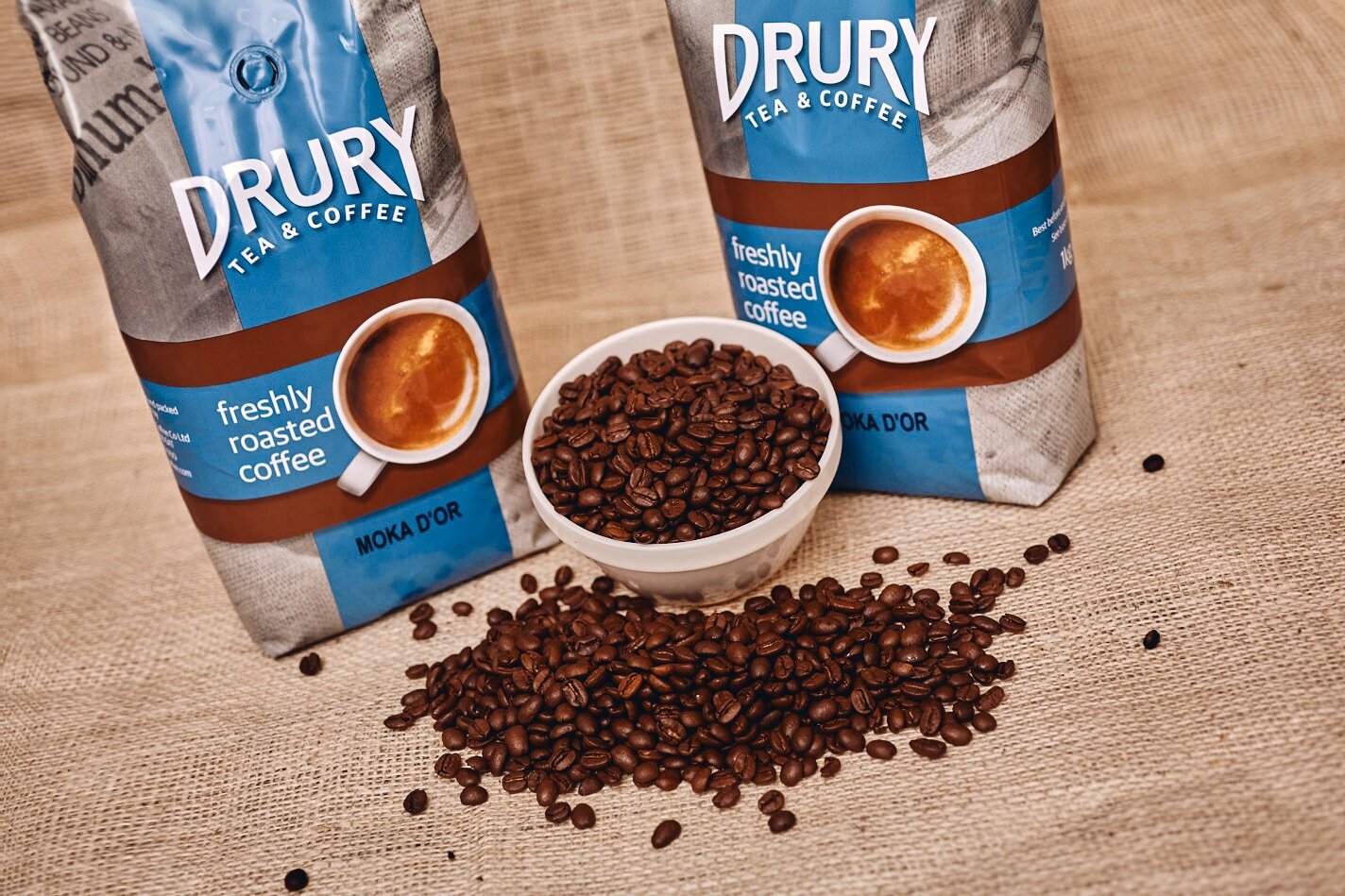
Marco Olmi of Drury Tea & Coffee explains it clearly and forcefully: “A lot of people have saved a lot of money by brewing good coffee at home, and we now hear that many of them want to keep working from home for at least two or three days a week. This is going to have an effect, no question – the days of them spending £6-£7 a day at the coffee bar or the hotel lounge next to their office may have gone. We expect to see the night-time coffee economy coming back, but what will be the daytime coffee business?”
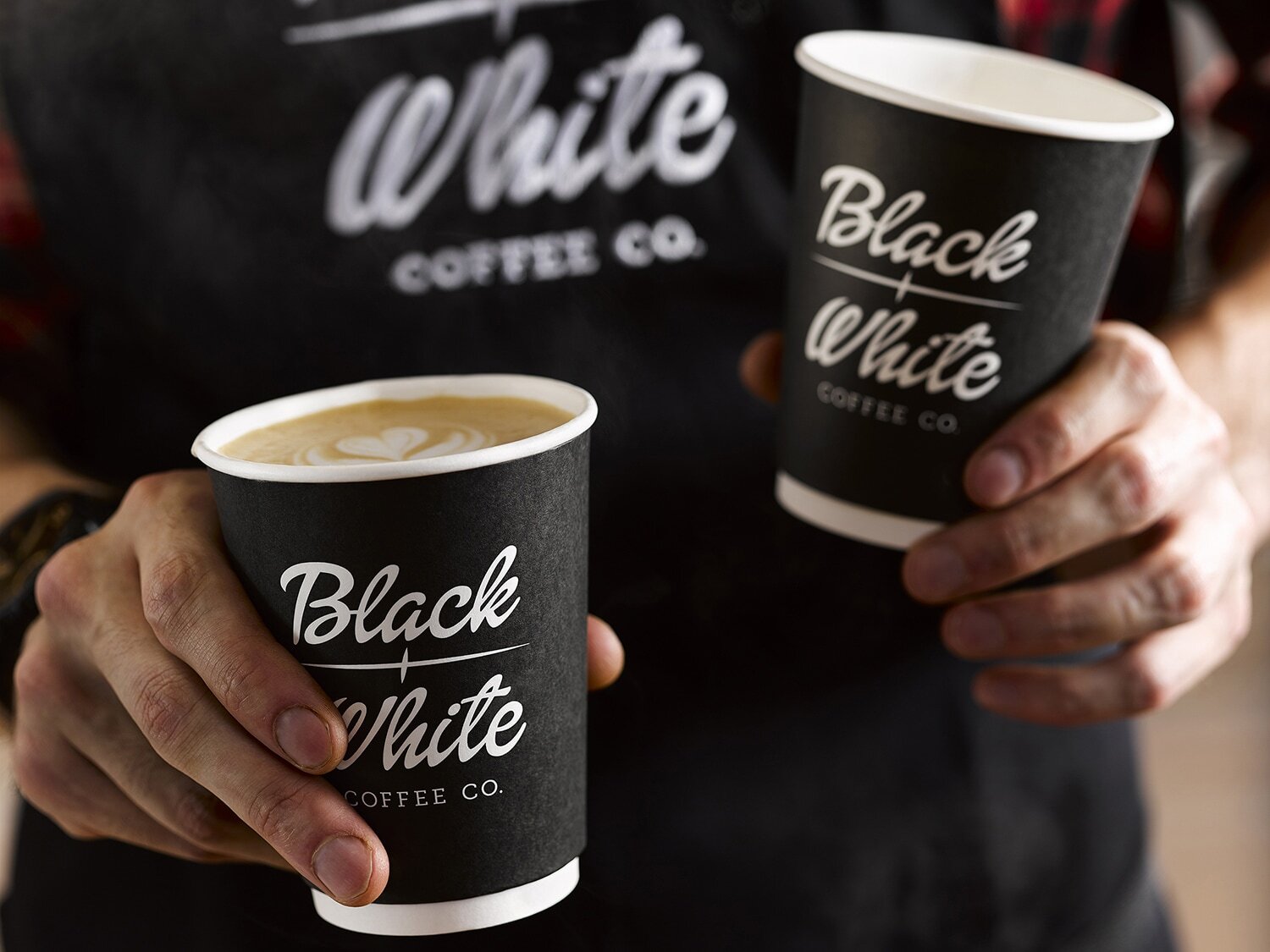
The night-time coffee economy may well bounce upwards, agrees Richard Lowry, head of Bidfood’s Black + White coffee range. “We expect to see a shift from meeting friends in bars and pubs to meeting over coffee. Across Europe and the Middle East, cafés capitalise on being ‘the place to be’ by offering longer opening hours into the late evening and better food options. This is a huge learning opportunity for operators in the UK.”
We expect to see a shift from meeting friends in bars and pubs to meeting over coffee
Coffee suppliers always say that customers expect a ‘more premium’ experience from the everyday hospitality trade, but Alice Rendle of Edgcumbes thinks a new emphasis has been added to this: “The shift to the convenience of delivery has made it necessary for the catering trade to respond to a new reality of consumer demand.
“Many customers have lost trust in a hospitality industry that has become homogenised and trapped in focusing on the bottom line at the expense of the service offer. It’s a scorched-earth policy that benefits no one – suppliers to the general catering trade are put in a race to the bottom price-wise, while the consumers get an inferior service, yet pay the same or more for it.
“The big shake-out of the pandemic is that it has allowed independent operators – the ones more likely to work with local suppliers – to grab the customers who are happy to pay if they can be confident of a consistently good offer.
“In order for other hospitality businesses to recover, it will be vital for them to give their customers a higher-quality offer. Corporate Britain is now chasing to catch up!”
Discerning tastes
The way back requires a change of thinking, agrees Katie Colvin, head of marketing at Cru Kafe, who notes that while most operators say they are concentrating on getting back to what their business was like pre-Covid, this might not be clever enough.
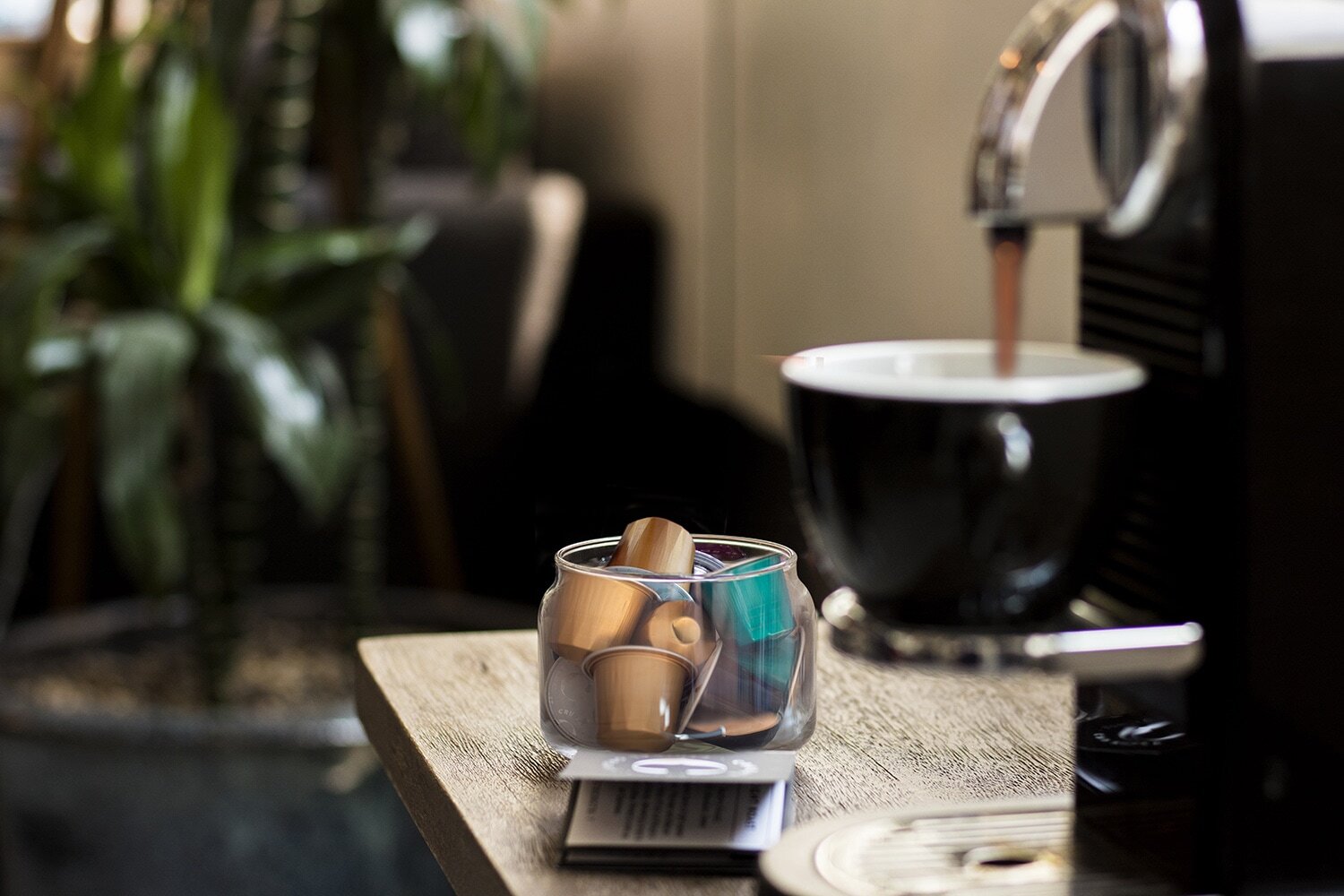
“Prior to Covid, 80% of our business came from over 2,500 hotel rooms worldwide; we had recently become preferred suppliers for the Marriott group. As March hit, it all stopped.
“But we turned our business completely on its head, and tapped into a huge circle of people who never had to buy good coffee for home before. Now, after so long of these people perfecting their at-home coffee, hotels won’t get away with cheap coffee. They will have to be doing everything they can to enhance the small touchpoints that make guests feel extra-special... Good coffee is a great place to start!”
After so long of these people perfecting their at-home coffee, hotels won’t get away with cheap coffee
It has never been easier for consumers to buy and make speciality coffee at home, and this new appreciation will indeed affect the way they regard what is served elsewhere, acknowledges Dave Cutler, head of training at Lavazza UK. “In response to lockdown, we launched the Welcome Back Pack for our clients – this included offering product free of charge, point-of-sale materials and top tips on how to reopen post-lockdown.”
Not all home consumers turned into expert baristas, remarks Stuart Holmes, managing director at Illy UK, but the trade cannot rely on this: “The rise in popularity of subscription coffee was no surprise, and we saw a spike in our digital home-consumer masterclasses. However, there is a limit to what the ‘kitchen barista’ can produce, and so this year will present a great opportunity for the trade. There will be considerable demand for the catering-led ‘coffee with friends’ experience, and the trade will have an important role to play bringing people back together.
“The new standard of home coffee will make consumers more demanding. Operators who offer a premium experience in a model that works with the new realities will be the ones who will capitalise on the opportunity.”
“Reopening will offer a unique opportunity,” says Paul Meikle-Janney, director of Dark Woods coffee. “We have all learned to cherish things that have been taken away from us, and the simple joy of sitting with a friend enjoying a coffee is one of those pleasures.
“I come from a luxury hotel background, and it still saddens me that so many of these places have not grasped the speciality coffee culture. I do hope that when things reopen it may be a time for them to be bolder with their quality and pricing. It’s time for operators to grasp this and maximise the coffee experience... and charge accordingly!
However, he notes, there is an extra opportunity from lockdown: selling beans by the bag.
“The fact that people are working from home so much more will have a big impact. Retailing coffee for home use is now here to stay, so everyone who serves coffee should now be a ‘shop’ as well.”
Lessons learned
Oliver Lloyd, director of takeaway equipment supplier Catering 24, says that the enforced shift to takeaway and home-delivery business during lockdown can be viewed creatively as opening up a new way forward.
“Hotels and in-house coffee shops should welcome the takeaway trade and see it as an added revenue channel. There is no reason why hotels with commercial kitchens and barista set-ups can’t create a slimmed-down takeaway menu and market this locally.
“I know a small B&B that never tapped into its local market for dining-in, but since the pandemic they have built a roaring trade of takeaway coffee and soup to locals on their daily walks. One of the very few things people could do to get out of the house was to go for a takeaway coffee, which kept some sort of normality in our lives, and it would be a sin to stop this when lockdown eases. I encourage everyone to see this channel of revenue.”
At Taylors of Harrogate, out-of-home manager Natalie King agrees that some bricks-and-mortar caterers have seen the at-home market as a chance to sell new ‘experiences’.
“While the takeaway and delivery markets were born from necessity, and while customers will undoubtedly enjoy returning to cafés, we expect there will still be demand for good takeaway experiences after the pandemic is over.
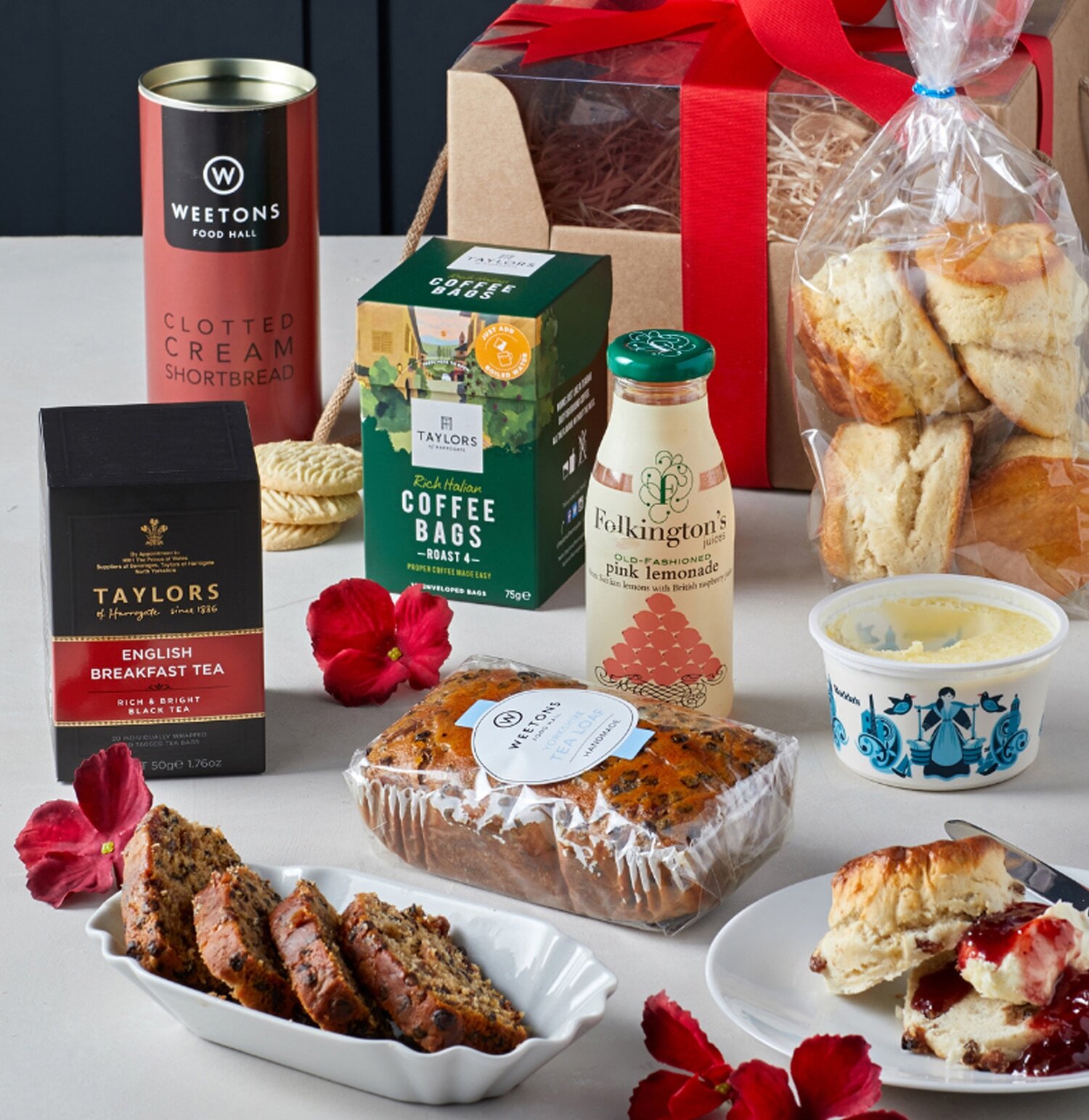
“Over the past year, ‘boxes’ have become commonplace. Weetons restaurant of Harrogate launched a range of hampers for different meal occasions, and found that customers appreciate detail such as the inclusion of Taylors coffee bags as a thoughtful finishing touch – ideas like this have been a great way for caterers to expand their reach.”
Supply and demand
Perhaps unexpectedly, the number of potential trade suppliers rose during lockdown. “I don’t know how many calls I have had from people saying ‘I’ve lost my job, so I’m going to start a coffee company’,” says Marco Olmi at Drury Tea & Coffee. “Some people seem to think that there’s a lot of money in this for little effort... so I think there may be a lot of tears in six months!”
But in the meantime, it means more salespeople looking for orders from the catering trade. Probably an annoyance, notes Olmi, because hotelkeepers do not like switching coffee supplier too often.
“The reason your customers come to you is because they like the coffee you serve… changing it now may not be a good idea. I expect any supplier-switching will come from those whose suppliers did not treat them well during lockdown – I would like to think the trade will stick with the suppliers who supported them, and I hope the loyalty we have shown will be reciprocated.”
Suppliers
Bidfood 01494 555900 www.bidfood.co.uk
Catering 24 0115 944 4434 www.catering24.co.uk
Cru Kafe 020 3411 0038 www.crukafe.com
Dark Woods 01484 843141 darkwoodscoffee.co.uk
Drury Tea & Coffee 020 7740 1100 www.drurycoffee.com
Edgcumbes 01243 555775 www.edgcumbes.co.uk
Illy UK 01604 821234 www.illy.co.uk
Lavazza 01895 209750 www.lavazza.co.uk
Taylors of Harrogate 0800 328 1886 www.taylorsofharrogate.co.uk
*Featured image: love coffee/Shutterstock.com


